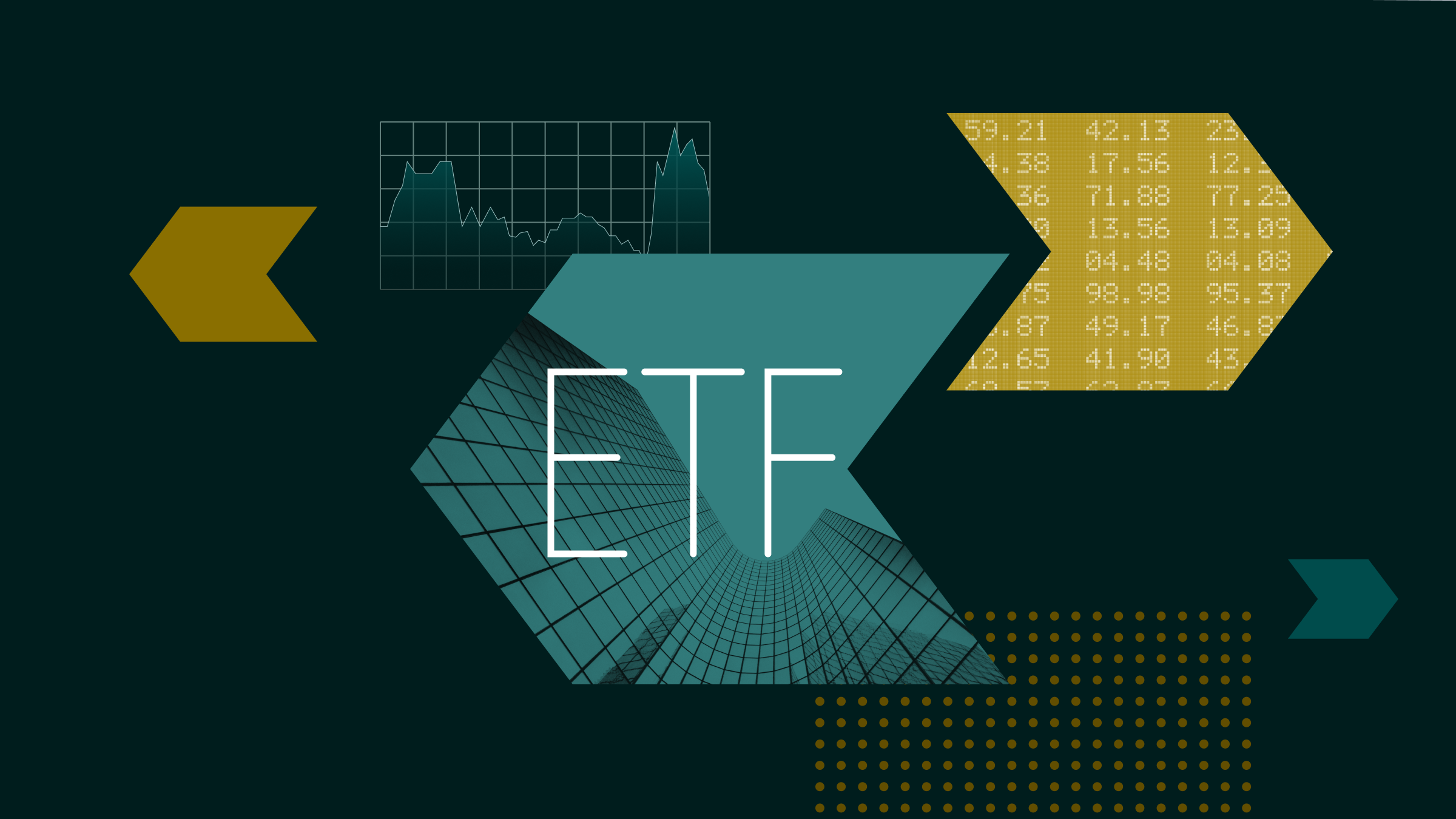Investor sentiment
Mixed reports on the macroeconomic development in America as well as political uncertainties have made investors adopt a “wait and see” approach to the stockmarkets. Investors also remain wary of the unresolved situation in Iraq and the possibility of further terrorist attacks.
Investors in America reacted positively to the resignations of Paul O'Neill, the Treasur
y Secretary, and Lawrence Lindsey, the chief White House economic adviser. It is expected that a new economic team will push economic stimulus plans to help boost the US economy.
At its meeting on November 6th the Federal Reserve (Fed) cut interest rates by 0.5 percentage points to 1.25% to avoid a further slowdown of the American economy. At its most recent meeting on December 10th the Fed held rates steady.
The economic growth in the euro-zone continues to be anaemic. This was one of the reasons why the European Central Bank cut its interest rate by 0.5 percentage points to 2.75% at its meeting on December 5th.
Investors continue to be sceptical about a recovery in Japan and the MSCI Japan index has fallen by 5.2% this month as of December 11th. The important quarterly tankan report, a survey of corporate confidence, will be released on Friday December 13th.
Outlook
The global economy is expected to rise by 2.5% in 2003, according to a recent report from the World Bank. That is higher than the previous two years but well below the 3.9% expansion recorded in 2000. The report also warns that the global rebound might lose momentum and there is a significant risk that the world could slip back into recession.
Most expert commentators agree that global stockmarkets will remain in a so-called “trading range” - small moves up and down around the present levels - until at least some of the current uncertainties are resolved. They include the Iraq situation, the strength of corporate profits in the fourth quarter and next year and the general direction of the main global economies.




























